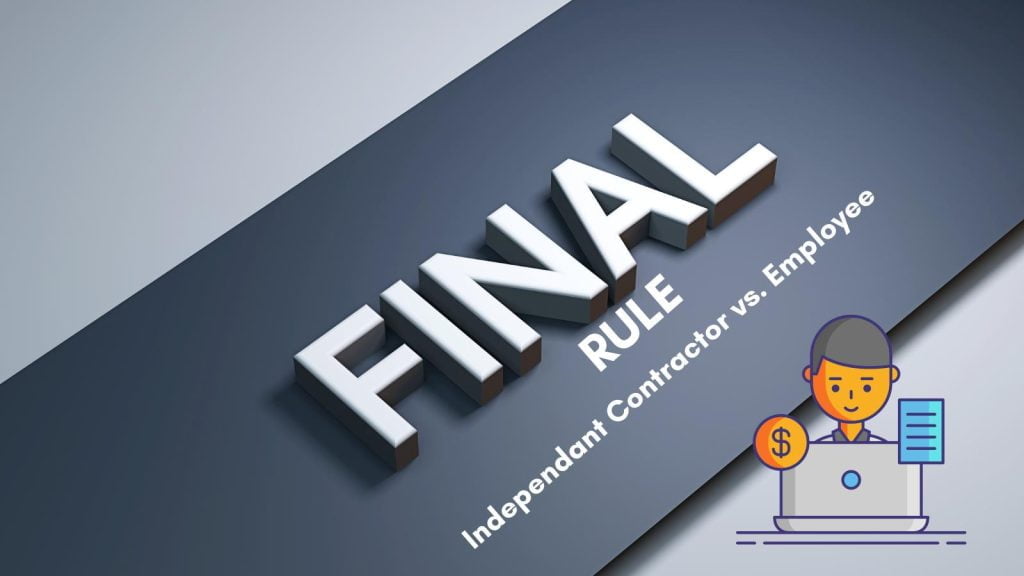Do you want to get the most out of your business finances? Maybe improve your financial plan for a small business? Are you looking for an effective way to manage your money and achieve your financial goals?
Did you know that one of the leading causes of business failure is not having enough start-up capital and businesses having unreal expectations regarding income and finances in the first few years?
These expectations can lead to poor financial management and waste of funds. To avoid this issue and to stay on top of your finances, read on for some easy tips you can put into practice today.
Table of Contents
Establish Goals For A Financial Plan For A Small Business
When you establish financial goals, you’ll be able to see exactly where your business finances are headed. Are you looking to increase profits by 10% each month, or do you have financial goals to support expansion plans?
Knowing your goals and where you need to be in 1, 2, or 10 years can give you tangible results to work towards and measure your success against and improve how you spend your money and invest back into the company.
Establishing goals is key to starting a financial plan for a small business.
Create A Budget
Before you start creating budgets, it’s essential to understand where your money is coming in and going out. This can help you identify areas where you could make adjustments to your budget to maximize your income.
Each business is different; what is classed as essential spending for your business might differ from others.
So start by looking at all your expenses, starting with your most important ones at the top, e.g., rent, utilities, suppliers, wages, etc., and work your way down, so you have tracked every penny you spend. It is important to know where your money is being spent to craft a financial plan for a small business.
Then create a chart of your income and measure them against each other. From here, you can see where you need to make any changes.

Outsource Bookkeeping and Accounting
Managing your business finances can be overwhelming. If you don’t have the time to manage your finances properly, you may spend more than you should. Using professional accounting and bookkeeping services might seem like another expense at first glance.
However, there is a benefit to using experts to help you organize your finances and make the most of your money. Other benefits include maximizing your tax breaks and paying the correct tax levels by working with companies such as Safe Harbor CPAs and Tax Consultants.
This will also benefit you when the time comes to look at expansion plans or prove to investors that you are an excellent investment to gain the necessary capital.
Monitor Your Credit Score When Making Financial Plans for A Small Business
Your credit score is one of the key financial indicators that lenders use to determine your mortgage, loans, and other financial deals. That’s why keeping it high and avoiding unnecessary spending is crucial. Your credit score is an insight into your financial health.
A poor score can impact you in many ways, including not being able to work with specific suppliers, gaining favorable financial products and interest rates, and potentially losing clients and vendors due to haphazard finances.
The more changes you make in your financial habits for your company, the better your score will be, and the more your situation will improve.
To Conclude On Financial Plan For Business
Business finances can be challenging, especially when you don’t have the right strategies or tools to help you succeed. Fortunately, improving your business finances is easier than ever, thanks to the many simple methods and tools available.
You can improve your finances quickly and easily by tracking your expenses, finding ways to outsource your bookkeeping, and utilizing automation.
Do you know how to make a financial plan for a business now? I’d love to hear more about it in the comment section below.
FAQs on Improving Your Small Business Financial Plan
How can I simplify my budget planning?
Start with a realistic projection of your income and expenses. Monitor these numbers regularly and adjust as needed. Consider using budgeting software that’s designed for small businesses so you can automate tracking and get insights into spending patterns.
What are the best ways to manage cash flow?
Stay on top of receivables and payables. Implement a clear invoicing process and offer multiple payment options for clients. Keep some cash reserves to manage unexpected expenses and consider using cash flow management tools to forecast future needs.
How do I set financial goals?
Identify short-term and long-term objectives that align with your business vision. Break them down into measurable targets and set deadlines. Review and adjust goals regularly based on performance and market conditions.
How can I reduce expenses without affecting quality?
Review your expenses and identify areas for cost-cutting. Negotiate with suppliers for better rates and consider bulk purchasing. Explore digital tools that offer cost-effective alternatives for marketing, communication, and operations.
Why is it important to review my financial plan regularly?
Regular reviews help you stay aligned with your financial goals. You’ll be able to spot trends, identify potential issues early, and make informed decisions. A quarterly review is a good starting point to ensure you’re on track.
What tools can help improve my financial plan?
Budgeting apps, accounting software, and cash flow management tools are great options. Many offer features like forecasting, reporting, and financial dashboards that provide a clear picture of your financial health.
Should I consult a financial advisor?
If you feel overwhelmed or unsure about your financial strategy, consulting a financial advisor can be beneficial. They offer expert insights tailored to your business and can help you make better-informed decisions.
How can I measure the success of my financial plan?
Track metrics like profit margins, return on investment, and cash flow stability. Regularly compare these against your set goals to assess performance. Adjust your strategies based on these evaluations to ensure continuous improvement.




